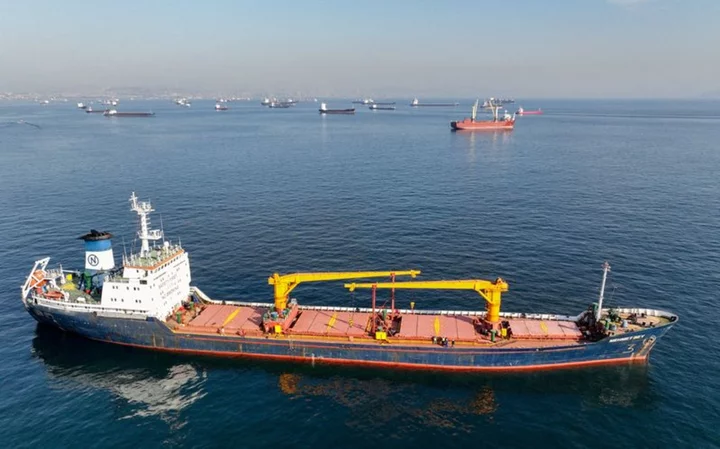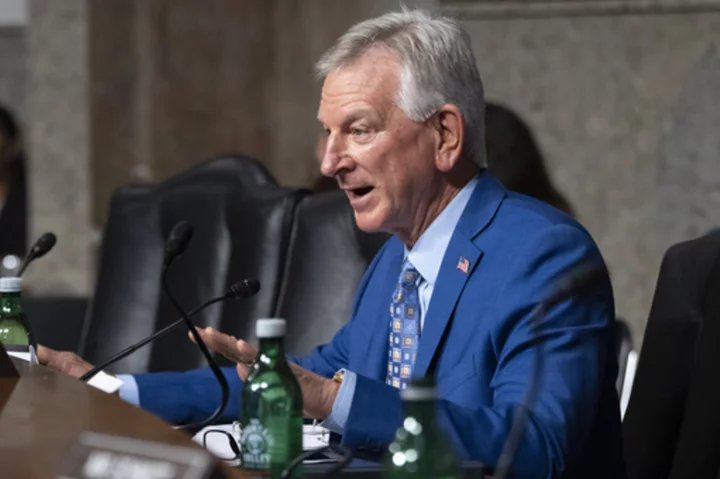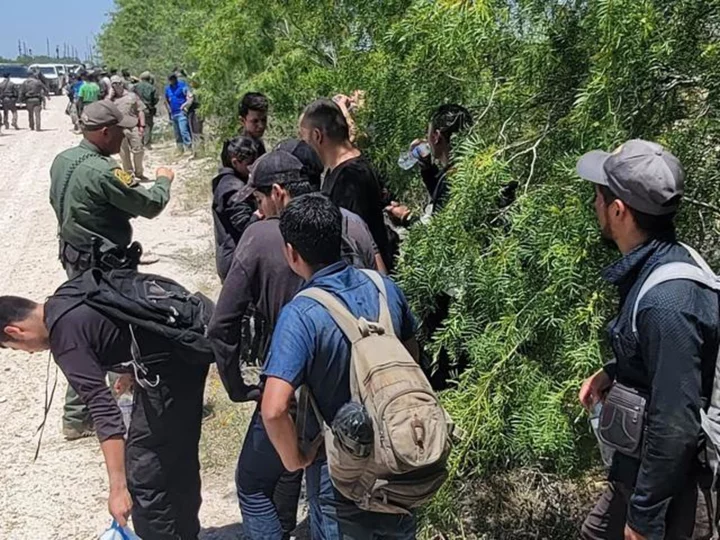By Michelle Nichols
UNITED NATIONS More than 75 countries will "commit to take action to end the use of food as a weapon of war and the starvation of civilians as a tactic of warfare" by backing a U.S.-drafted communique at the United Nations on Thursday, senior U.S. officials said.
U.S. Secretary of State Antony Blinken will release the communique on Thursday when he chairs a U.N. Security Council meeting on famine and food insecurity caused by conflict. A senior U.S. official said more countries were expected to sign.
Blinken will also announce some $362 million in new U.S. funding to "tackle the drivers of food insecurity and enhance resilience" in nearly a dozen African countries and Haiti, said a second senior U.S. official.
While the United States, the European Union and others have accused Russia of using food as a weapon of war by worsening a global food crisis when it invaded Ukraine in February 2022, the draft communique does not specifically call out any countries.
"We're not seeking to turn this into a showdown in Russia or any other country," the second senior U.S. official said.
"However abhorrent we and so many countries around the world find the actions of Moscow, we recognize this is a challenge that's bigger than one country," the official said. "We also know that our partners, especially in the global south, would rather hear a focus on solutions instead of fingerpointing."
Russia last month quit a deal that had allowed the safe Black Sea export of Ukraine grain for the past year. The pact was brokered by the United Nations and Turkey to help ease a global food crisis following Russia's invasion of Ukraine.
Ukraine and Russia are both leading grain exporters.
After Moscow quit it began targeting Ukrainian ports and grain infrastructure on the Black Sea and Danube River and global grain prices spiked. Moscow has said that if its demands to improve its own exports of grain and fertilizer were met it would consider resurrecting the Black Sea agreement.
(This story has been corrected to say that the communique does not specifically call out any country, in paragraph 4)
(Reporting by Michelle Nichols; Editing by Lincoln Feast)









